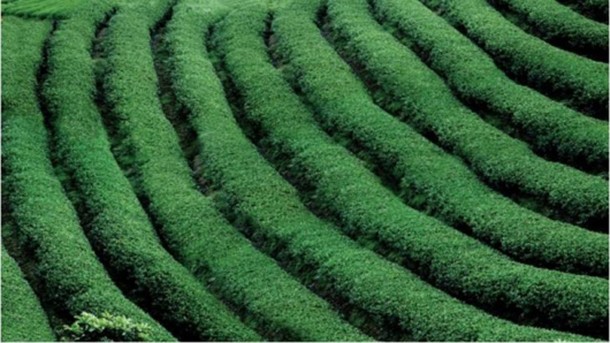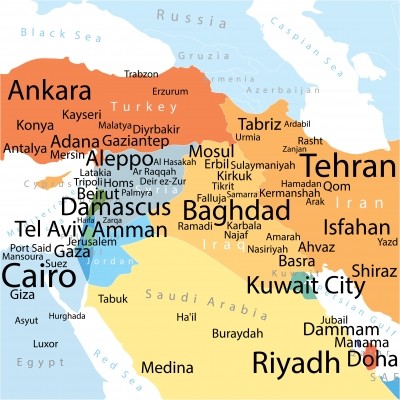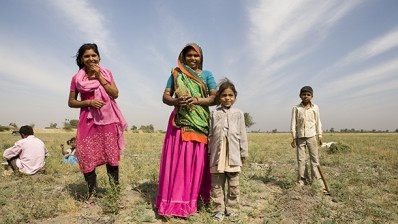In pics: FAO recognises traditional farming in China, Korea and Iran
These new designations bring the number of GIAHS systems to a total of 31 sites located in 14 countries in Africa, Latin America and Asia. The sites are considered models of innovation, sustainability and adaptability, delivering important benefits to the ecosystem.
The FAO’s deputy director for natural resources, Maria Helena Semedo, called for designation of more such sites around the world and concrete action to improve conservation of, and sharing of knowledge from, their time-honoured methods.
“Globally Important Agricultural Heritage Systems have been forged over centuries, capitalising on the accumulated experiences of rural communities and indigenous peoples across the world,” Semedo said, adding that it was fitting the systems were being recognised during the International Year of Family Farming.
“Besides providing multiple goods and services, food, and livelihoods security, GIAHS systems have resulted in the preservation of significant agro-biodiversity, resilient ecosystems, outstanding landscapes, and a valuable cultural heritage,” she said.
























